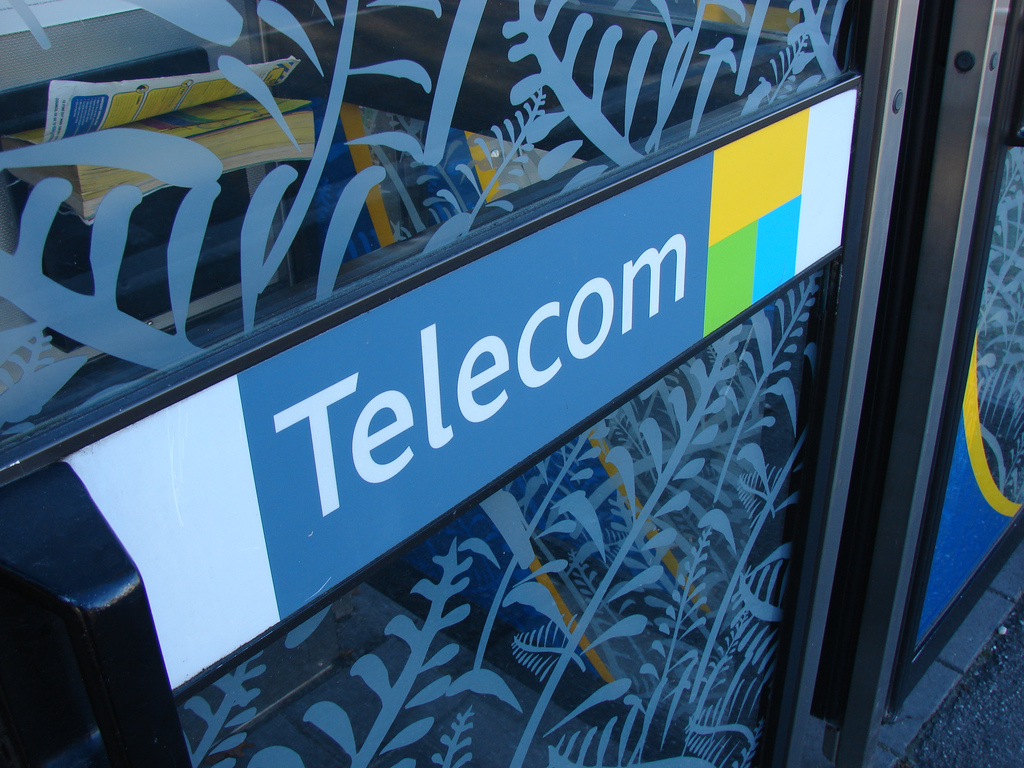Mediacaster posts the questions pertaining to ISPs that have been posed as part of the forthcoming copyright consultation. These include notice-and-takedown, ISP liability, and a making available right. The full consultation launches on Monday.

Telecom by yum9me (CC BY-NC-ND 2.0) https://flic.kr/p/53jSy4
Telecom
The ISP Copyright Consultation Questions
Mediacaster posts the questions pertaining to ISPs that have been posed as part of the forthcoming copyright consultation. These include notice-and-takedown, ISP liability, and a making available right. The full consultation launches on Monday.
National Post Podcast on Net Neutrality
I participated in debate with Bell's Jonathan Daniels on net neutrality for the National Post Full Comment podcast.
CRTC Network Management Hearing, Day Seven: Bell
Day seven of the CRTC's network management hearing featured just one company: Bell. As the prime target for much of the criticism associated with traffic management, Bell executives faced questions for nearly three hours, far longer than anyone else.
Key points included new details on Bell's traffic and traffic management practices, claims that the company cannot separate retail and wholesale Internet traffic, and the company's support for a "reasonableness" standard, rather than the "least intrusive" approach advocated by several groups.
Today's summary was again compiled by Sean Murtha, a law student at the University of Ottawa. Other coverage available from the National Post liveblog, CBC.ca, the National Post, and twitter feeds from CIPPIC and me.
CRTC Network Management Hearing, Day Six: Union des Consommateurs, Rogers, Videotron, Shaw
Day six of the CRTC's network management hearings opened with a final consumer group (Union des Consommateurs) and closed with three of Canada's biggest ISPs – Rogers, Videotron, and Shaw. Bell was scheduled to appear today but has been pushed back until Tuesday.
The big storyline of the day was the disclosure by Rogers and Shaw of previously undisclosed information. Rogers revealed its traffic management practices (throttling P2P upload speeds) and shockingly admitted that all its tiers receive the same upload treatment, regardless of the price paid by the consumer. This is true even though its promotional material tell customers that higher tiered service offer faster upload speeds. Shaw disclosed that it engages in similar practices and provided insight into its throttling practices, noting that it guarantees 80 kilobits per second for throttled P2P sessions and that it reserves 30 percent of its bandwidth for P2P use (it said that 10 percent of its users account for the P2P traffic).
Videotron, the third cable ISP in the mix, complicated the analysis further by noting that it does not traffic shape. Rather, it uses economic measures, the new euphamism for bit caps, to discourage overuse of P2P. The ISP indicated that it is very happy with the effectiveness of its approach.
Today's summary was again compiled by Sean Murtha, a law student at the University of Ottawa. Other coverage available from the National Post liveblog, CBC.ca, the National Post, Cartt.ca, and twitter feeds from CIPPIC and me.






